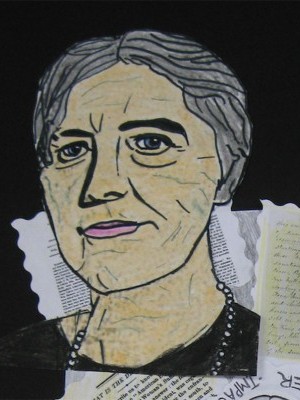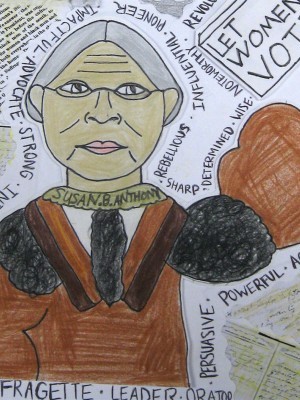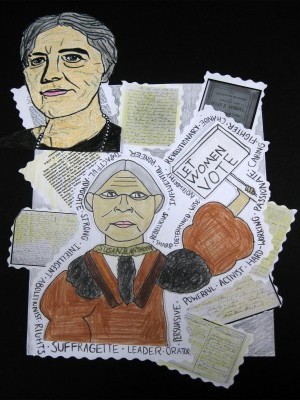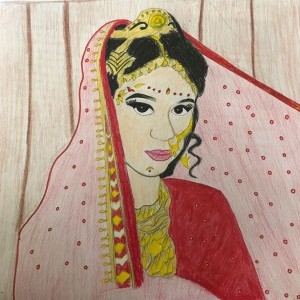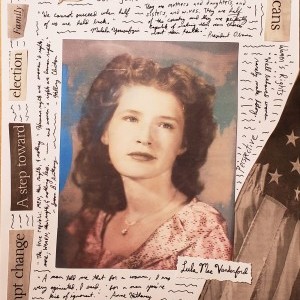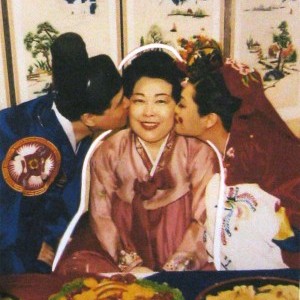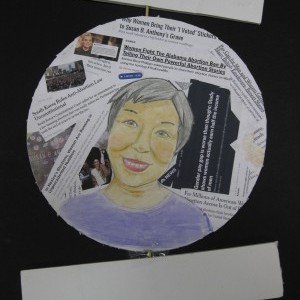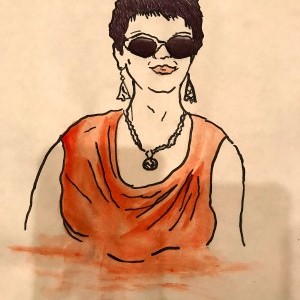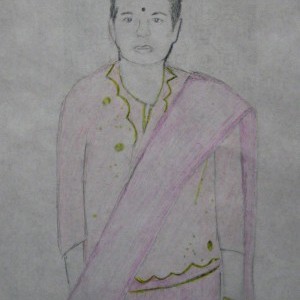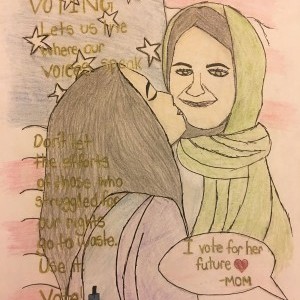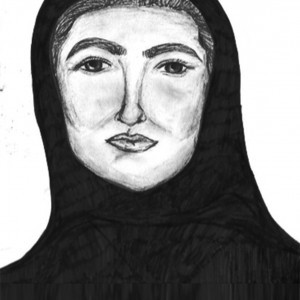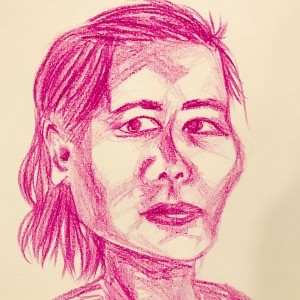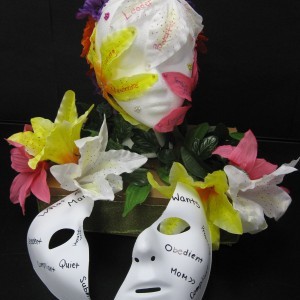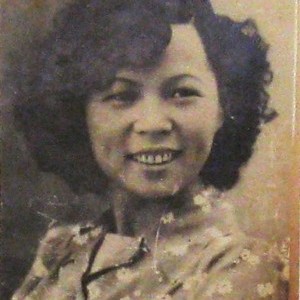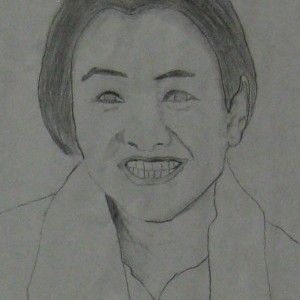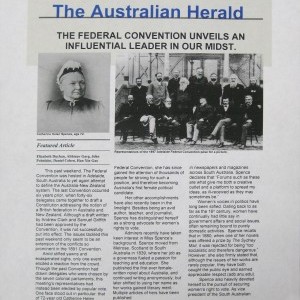Lori Eng, Ava Nabatkhoran, Christine Schmitt & Tabassum Sami
Townsend Harris High School | Flushing, NY | 11th Grade
Inspirational Family Member
My Grandmother
My grandmother, living under an oppressive regime, had her right to vote stolen and denied because of her gender. Even today, my aunts cannot have the power to vote due to this oppressive government. Hearing their story made me feel empowered and grateful for my voice and my say in the government.
Historical Figure I Admire
Susan B. Anthony
On February 15th,1820, one of the most prominent figures in women’s rights history, Susan Brownwell Anthony, was born. Today, Anthony continues to be a key figure in women’s rights, going down in history as one of the women to begin the feminist movement. Anthony’s concepts continue to ring true now, while her dedication, time, effort and effectiveness towards the cause remains unmatched by anyone since.
Born into a Quaker family, Anthony always believed that everyone was equal. Throughout childhood, Anthony’s family played a dedicated role in the abolition and temperance movements despite opposition. Although Anthony’s family was poor for the majority of her childhood, her family nevertheless remained politically active. For instance, Anthony’s father opened their home to be a center for anti-slavery activists, with people such as Frederick Douglass and William Lloyd Garrison frequently visiting. Inspired by movements she was constantly surrounded by, Anthony wanted to make a difference as her father did, however, she was denied to do so because she was a woman. During the time, male superiority dominated while women were told to only do domestic work: beliefs kept since the United States began. Rather than view this as a defeat, these events sparked Anthony’s determination and desire to advocate for women’s rights. With quick wit and a natural talent for orating, Anthony soon realized the first step to achieving her goal was to fight for women to get the right to vote. This way, women would be able to get the same recognition as men did, consequently letting them to finally be acknowledged. As a result, Anthony decided to dedicate the rest of her life to help lead the women’s rights movement, while fighting on behalf of many others along the way.
In her early thirties, Anthony began to become the powerful activist she would be the rest of her career. In 1848, the suffrage movement began at the women’s rights convention held at Seneca Falls. Not long after, in 1851, Anthony traveled there for an anti-slavery convention where she met her father’s friends and other activists who she would work closely with in the future, including Elizabeth Cady Stanton. The next year, Anthony attended her first women’s rights convention after being told to “sit down, listen and learn” by men earlier that year. Although Anthony began advocating by herself, she was soon joined by Stanton as the pair traveled around the country, giving speeches that demanded and explained why women deserve the right to vote. Meeting Stanton was a huge landmark for the women’s rights movement because the two would develop a close bond as they advocated together for the next 50 years. Although, since women were still not allowed to speak in the way they did, they often risked getting arrested. Nevertheless, they did not allow any setbacks to stand in their way. Anthony continued to become a successful leader because of her persuasive and powerful personality, along with her great planning skills and ability to organize. Eventually, the pair co-founded the American Equal Rights Association and created a newspaper named The Revolution in 1868, which surrounded the concepts of equality and rights for women.
Following the passing of the 14th and 15th amendments, Anthony and Stanton were angered that women were still not given the right to vote and as a result, they created the National Woman’s Suffrage Association, specifically pushing for a constitutional amendment to give women the right to vote too. Despite getting arrested, Anthony led protests during the 1876 Centennial of the United States independence, delivering a speech “Declaration of Rights” which continued to rally support for the constantly growing movement. Later, in 1888, Anthony helped unify the two largest women’s suffrage associations into one, called the National American Women’s Suffrage Association. Meanwhile, Anthony continued to travel all around the country to create additional support for the movement. Although she passed away 14 years prior to the passing of the 19th amendment, it is obvious that without Anthony, the movement would have taken a longer time to gain support and the 19th amendment may not have been passed until much later.
Overall, today Anthony is rightfully viewed as a distinguished pioneer of the women’s rights movement. Her never-ending support and care for women’s voices was emphasized through her life work that she put all her effort and focus into. Through her support in many women’s suffrage organizations, Anthony’s legacy will forever exist as one which put the movement on the track towards success.
SOURCES +
What the Project Means to Me
For much of history, women have been oppressed by a patriarchal society and their voices have been limited in politics, history, and daily life. But because of the efforts by women such as Susan B. Anthony, the voices of women are finally being heard: today even louder than ever before. While researching women who fought for rights, I have truly realized the privilege of voting and how we as women need to exercise our right to vote.
When researching Susan B. Anthony, one cannot help but be inspired by her courage and bravery not only in standing up for her right to vote but also for all women’s rights. Similarly, when researching the women of our family who were denied the right to vote, I became more aware of the importance of voting whenever possible. Our relatives were denied the right to vote in a country in which they were born and were negatively impacted by every law that was passed and every government official that was elected.
My grandmother, living under an oppressive regime, had her right to vote stolen and denied because of her gender. Even today, my aunts cannot have the power to vote due to this oppressive government. Hearing their story made me feel empowered and grateful for my voice and my say in the government.
It is also crucial to vote in this day and age where what we do now can affect the future for generations to come. If we are able to get equal rights in every part of daily life and work, we can create a future where being a woman does not signify any disadvantages: whether it be at the workplace, over healthcare, or over anything else. In order to attain this future, we as women must exercise our right to vote, the right that so many women have fought for.
Explore the Archive
More From This Class
Click on the thumbnails below to view each student's work.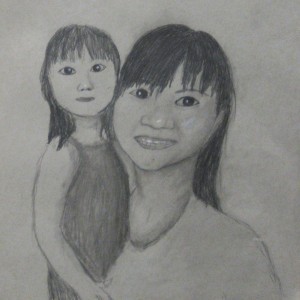
Vivian Chen, Josephine Chen, Ivan Chan, Zafirah Rahman, Neeharika Reddy, Daniel Shi, Daniel Shi, Jacqueline Cho & Osiris Guerrero

Jennifer Moran, Adebola Ademola, Julia Hong, Vicki Kanellopoulos, Inga Kulma, Maimunah Virk, Deborah Molina & Kailey Van
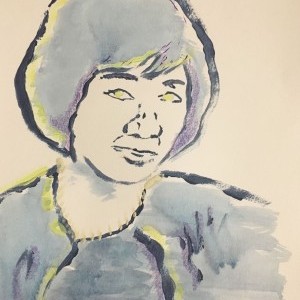
Kristina Chang, Sarah Chowdhury, Bethany Leung, Letian Fang, Cathy Choo, Kelly Chan, Emily Tan, Adamary Felipe & Kenney Son

